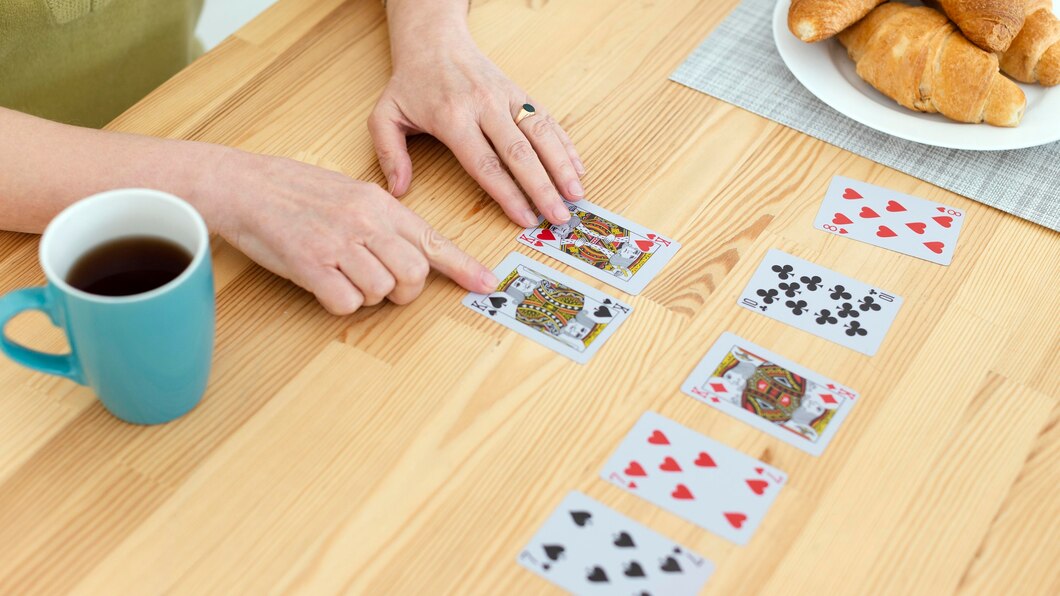Spades are one of the most popular card games in the world for good reasons. It is fun and fast-paced, while the mental and skills aspects make the game more exciting. If you’re in the process of learning Spades, you will need more than luck to win. It calls for a sound strategy so that you can outwit opponents on a regular basis.
But before diving deep into Spade’s game strategies, it pays if you know a bit more about its background.
What Are Spades?
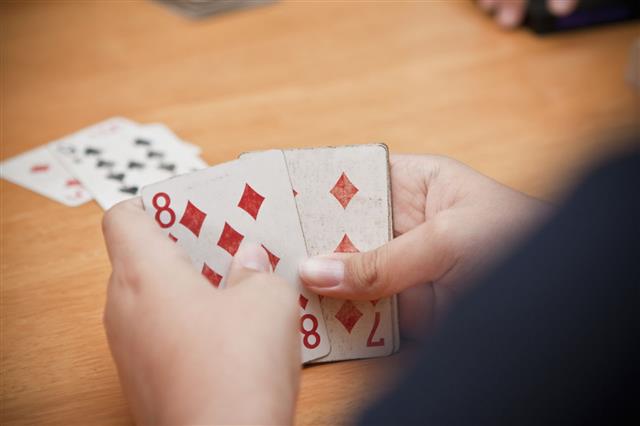
Spades is a trick-taking game played with a standard deck of cards. It can either be played solo or partnership, which gives the game an unpredictable element. Spades belong to the Whist family of card games and have theoretical similarities with Hearts and Bridge. It is thought that Spades was invented in the 1930s in the Midwest and soared in popularity during World War II.
The objective of the game is to win the number of tricks that have been predicted or bid before playing the hand. As the name suggests, the Spade suit trumps all the other suits.
The game is scored in this manner:
- A bid is scored 10 points each provided the team successfully took or exceeded their combined number of bids. For example, if a pair’s combined bid is eight and took the exact number of tricks during the game, they are awarded 80 points.
- If a team exceeds the number of bids, that extra trick is worth one point. For example, if the team’s combined bid is eight and they took 10 tricks, they are awarded 82 points for their effort.
- The extra tricks taken are called “bags.” If a team’s accumulated number of “bags” reach 10, 100 points will be deducted from their score.
- If a team fails to reach their bid, they will be penalized 10 points for each bid. For instance, if a pair bids six but only won five tricks, they will be deducted 60 points.
- A player can do a Nil or zero bid. A successful Nil bid is worth 100 points, but it also goes both ways. A failed zero bid will cost a team 100 points.
- The first person or pair to reach 500 points wins the game.
5 Proven Strategies To Outsmart Your Opponents

I always thought Spades is like playing chess, only with cards and a partner. It is truly a game of mental skill, shrewd decision-making, and anticipation. If you’re a beginner trying to take baby steps, you can definitely improve the cerebral aspects through playing games upon games of Spades. It would also be immensely helpful to learn some proven strategies as your foundation going forward.
That being said, these strategies may also be used as a resource for more experienced players. Remember that everyone always has room for improvement and to become significantly better than he currently is. This guide may also open the doors of creativity and imagination so that players of any skill level can elevate their game to newer heights.
Play For The Set If The Total Number Of Bids Is 13 Or More
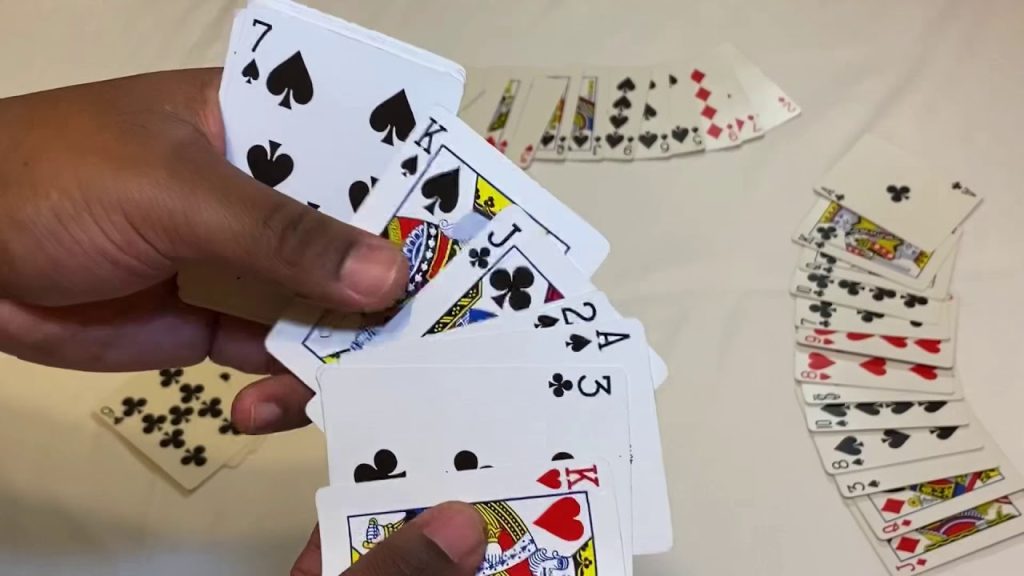
“Setting” an opponent in Spades is to stop them from making their bid. Obviously, it’s not a viable strategy to set your opponents in every hand, but this approach is very helpful when the total number of bids is at least 13.
The rationale for this strategy is simple: Setting your opponent in these instances results in serious point deductions. For example, let’s say you and your partner’s total bid is 4 and the opponents go for 10. Taking one extra trick (or bag) for your team results in a 100-point loss for the opponent!
Read More: Top 10 Google Games You Can Play In Spare Time – 2023 Guide
Avoid Bags
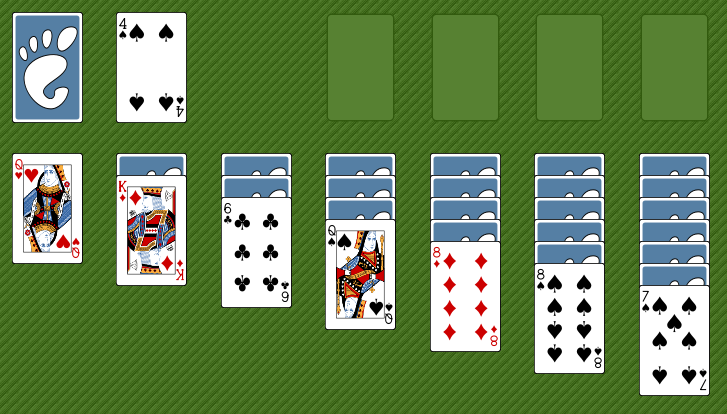
This strategy may sound conflicting with the first one, but it’s really not. The rule of thumb is, you can take a bag if there’s a reason to do so, such as setting an opponent; otherwise, avoid it at all costs. You don’t want to accrue a 100-point penalty in the middle of the game just because you’re not careful with those extra tricks.
In theory, avoiding bags sounds simple, but there are times it will be hard for you to do so. What if you can’t make your bid? If you are unsure if you will make your bid, try to get the number first, and then discard the winners later. Newer players may find it tough to discard potentially winning cards, but the experience will teach them a thing or two.
Get Caught In The “Crossfire”
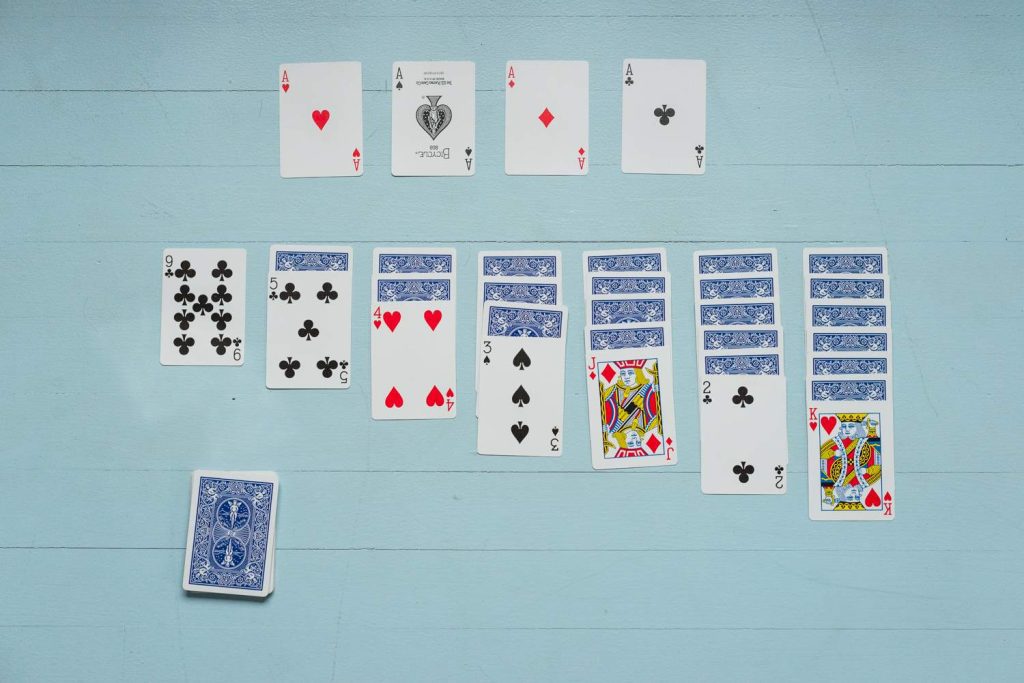
In Spades, the “crossfire” is a situation where you run out of cards from a specific suit early in the game. Be aware if your partner gets caught in the bullets by looking at the signs so you can take advantage.
An indication that you can use is if your partner plays a card that could be unusual. For instance, if somebody throws an Ace of Diamonds and your partner follows up with a King, that shouldn’t really make sense, unless he can’t play anything else but that card. Translation: He probably doesn’t have any diamond-suited card!
You can take advantage of this circumstance by playing a diamond in your turn so that your partner can play a low spade that would have otherwise not been enough to win a trick.
Always Save Your Partner
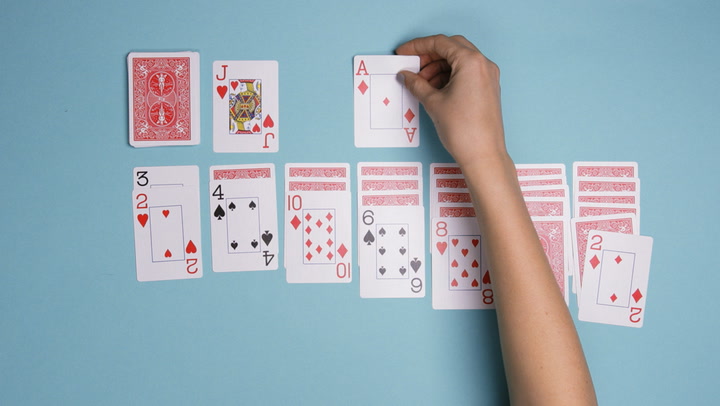
Spades is mostly a partnership game, and personally, I prefer a team game to going solo. If you want to be a fun partner to play with, always look out for your partner. Strategy No. 3 is already an example of having your partner’s back, but you can take it to another level.
For example, you can save your highest-ranking cards of any suit every time your partner bids nil. Do this so you can salvage your partner in situations when opponents try to set him up by throwing low-ranking cards. Remember that a failed nil bid means a deduction of 100 points for your team; therefore, you have every incentive to look out for your partner.
Another way that you can make yourself a useful partner is to never take tricks away from a teammate. Of course, there are instances when you can’t play any other card, but as a general rule of thumb, do not ever take a trick from the person across.
Read Also: Why Are Online Businesses More Compelling Than Brick-And-Mortar In The US?
Manipulate Bids
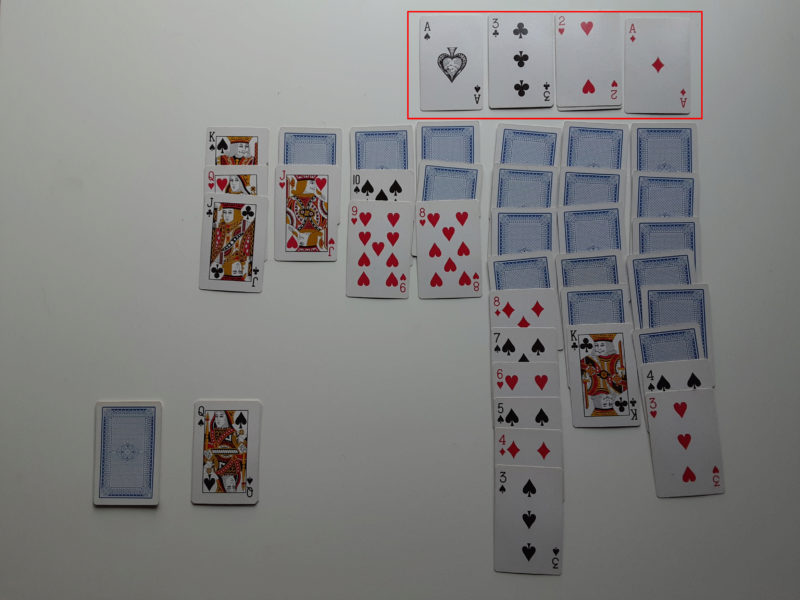
Tactical bidding is not for the faint of heart, but it’s an excellent way to keep your opponents guessing. It can backfire at you any moment, so you have to pick your spots if you have to do this. Also, it’s difficult to coordinate efforts in a partnership game like this, but as previously mentioned, unpredictability is always a weapon.
Here is one way to manipulate a bid: If you notice that the opposing pair always bids in such a way that got the 13 tricks accounted for, then you underbid so you can “set” them up. If they bid more optimistically since you’re total bids are only 3, you may choose to win two more tricks. For the price of two bags, you are causing the opponents to lose 100 points.
Final Thoughts
If you previously thought Spades does not involve strategy, you are gravely mistaken. This is a highly psychological game, the equivalent of mental sleight of hand. You want to keep your opponents on their heels at all times, and then boom, they won’t know what hit them!
You can use the five strategies highlighted above to confuse the opposition to your advantage. Of course, it takes practice to manipulate bids, notice the cards your partner plays, and set up opponents. On top of that, there are more strategies out there to discover for yourself.
At the end of that day, you must use your best strategy to win a Spades game. Whether it takes an aggressive approach or a defensive-minded one, the goal is always to come out on top.
Read This:

















